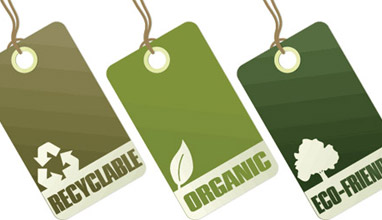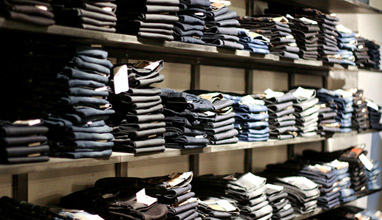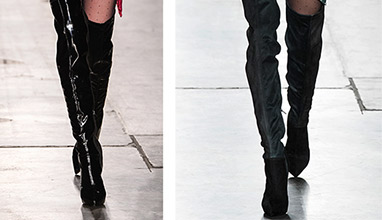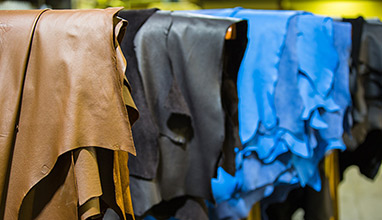New sustainability regulations in France for 2023 inform consumers on the pollution of the products
The fashion industry is about to experience a major shift - new regulations on sustainability in Europe and the USA will force many brands to become more transparent about their manufacturing processes and environmentally friendly practices, drastically reducing greenwashing in the industry.
Around 60% of clothing brands’ claims are attributed to greenwashing, making consumers believe they are more environmentally friendly and thus enticing them to buy their goods. However, the situation is slowly changing with new sustainability regulations imposed on fashion businesses both in Europe and the US.

The new French decree regarding consumer information on environmental qualities and characteristics of waste-generating products, which determines the obligation to inform consumers on the pollution of the product, microplastics, the percentage of recycled materials used, etc., will be enforced in France from January 1st, 2023. Moreover, the new EU Strategy for sustainable and circular textiles will become applicable to EU manufacturers by 2030. Similar requirements will potentially be applied to the US manufacturers—New York Fashion Sustainability and Social Accountability Actis in discussions and, if passed, will require clothing and footwear companies to follow more sustainable practices.
How will the new requirements impact fashion brands?
Grėtė Švėgždaitė, a new-generation designer and the founder of sustainable loungewear brand GRETES, says the new sustainability requirements will create more transparency in favor of fashion consumers and will enhance the quality of the garments. Fashion brands will have to rethink and change their environmental impact practices and take their time to find out the real nature of the origin of their fabrics.
“There will be no hiding behind vague labels - brands will be forced to disclose internal information, which might show that certain manufacturing processes are detrimental to the environment. Ultimately, brands will need to invest more in acquiring sustainable fabrics and accessories and, consequentially, reduce how much polyester, the cheapest fabric in the market, they use,” the designer commented. “The principle of “cheaper, faster, and prettier” will no longer apply as quality, sustainable clothing demands increased costs and time.”
Advice to act now
When it comes to specific steps fashion brands have to take to disclose all information about their clothing, Ms. Švėgždaitė has several recommendations to them, starting with following the news on which countries are already applying the said requirements. For instance, France will be first targeting manufacturers with a turnover exceeding EUR 50M and producing over 25K products.
“These requirements will soon apply to all fashion brands, in one way or another, so I’d advise them to start introducing certain changes in their collections now,” the designer added. “First of all, if the packaging is recycled, they should indicate how much of it is made from recycled material. They’ll need to write a disclaimer “contains a harmful substance” on a label if certain hazardous chemicals have been used during the manufacturing, and also state that a product releases microplastics into the environment during washing if the material is made from more than 50% of synthetic fibers.”
Challenges of complying with requirements
“These requirements will definitely pose some challenges to fashion businesses—they’ll have to increase their employee competencies so that they can expand their knowledge on fabrics, work with suppliers willing to be fully transparent about the fabrics, and find ways to make this information understandable to consumers,” she maintained.
Certain hurdles for brands might include product communication strategy. For instance, to minimize greenwashing, they will no longer be allowed to use the terms “biodegradable” and “environmentally friendly” as clothing manufacturing leaves an environmental footprint. This might drastically change their selling point, and consumers, no longer drawn by big claims, might start seeking out more ethical options.
The requirements on sustainability might also mean that some fashion brands will go out of business due to needing financial help to comply with them, the designer added. “However, these new regulations are long overdue—the fashion industry had a lot of freedom which is now coming to an end. Nevertheless, those who start to implement the changes now will have a better time easing into them and will come out as winners in the end.”
Photo: pixabay.com
Hits: 4938 | Leave a comment






















